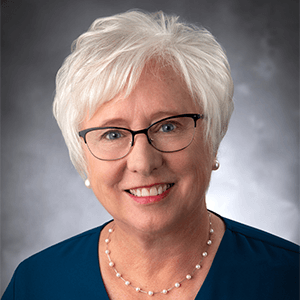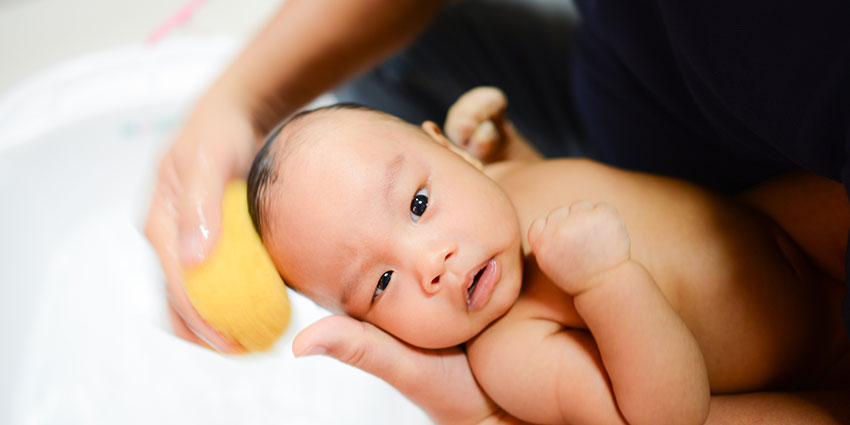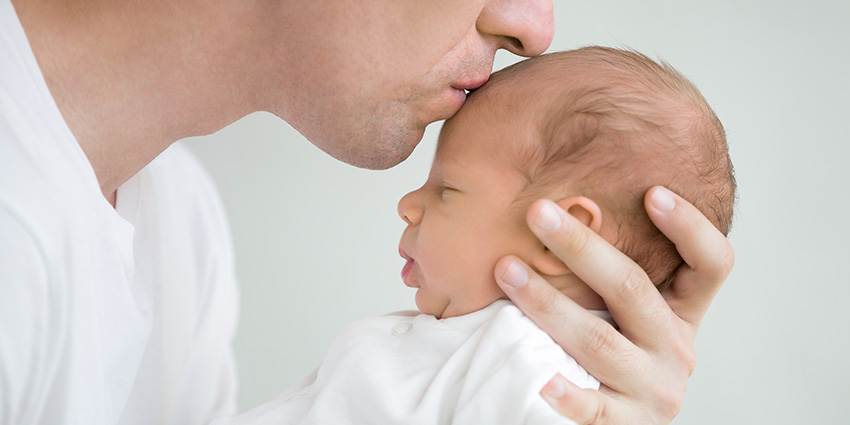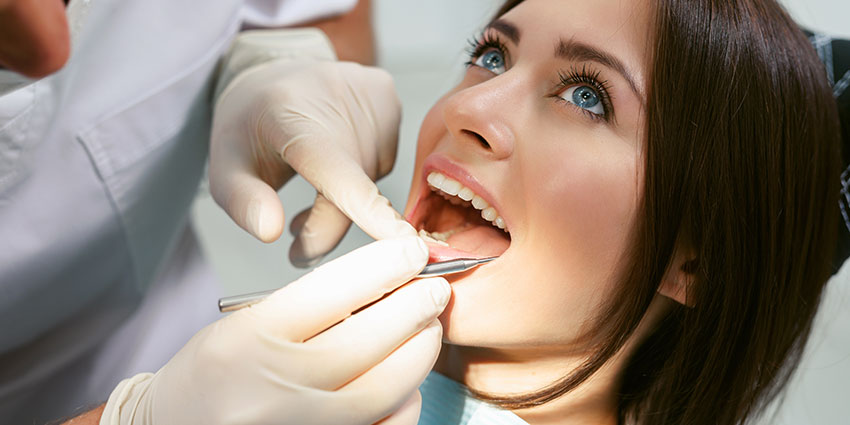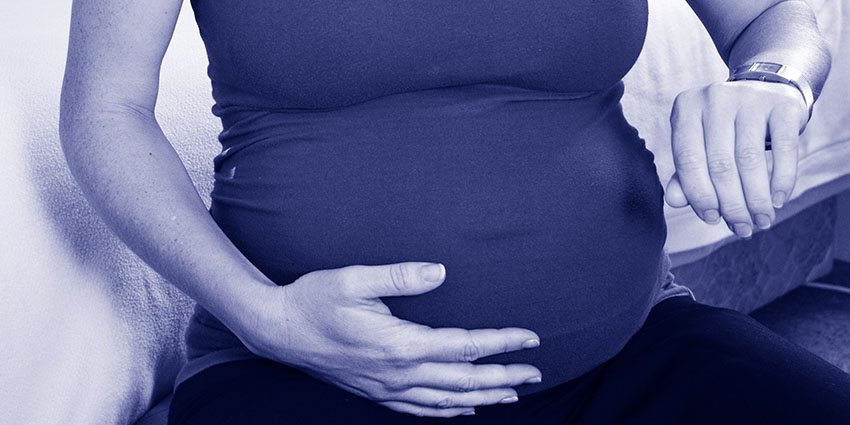Procedures that are done in the first hours after birth, unless necessary, can interrupt the infant’s normal transition to life outside the womb.
Although practices still vary across the US, many hospitals and birth centers delay infant bathing until the baby is 8-24 hours old. This is based on research that shows benefits in at least three important ways.
Bonding
Let’s talk first about bonding during early skin to skin contact which has numerous benefits for you and your infant. Skin to skin contact has been found to sooth your baby, maintain an appropriate temperature, improve breastfeeding rates, and help make a special connection especially during the first hour of life. More on this topic in the StorkAdvisor article titled: Magic Hour which can be found at The Magic Hour
Biomes
There is good scientific evidence from the World Health Organization that the natural, healthy bacteria present on an infant at the time of a vaginal birth offers longstanding immune and other biologic forms of protection for your newborn. When the bath is done prior to 8-24 hours this protection is washed away. In the UK, midwives call exposure to this healthy bacteria the baby’s first immunization. You may want to check with your birth facility about their bathing practices and ask to have the first bath delayed for at least 8 hours.
Breastfeeding
The many lifelong benefits of breastfeeding are discussed in another StorkAdvisor article titled: Deciding How to Feed my Baby which can be found at Deciding How to Feed my Baby Studies show that when the bath is delayed as noted above and breastfeeding is encouraged, moms tend to experience less difficulty with breastfeeding their infant, and they tend to continue choosing to breastfeed longer.
Related Posts
